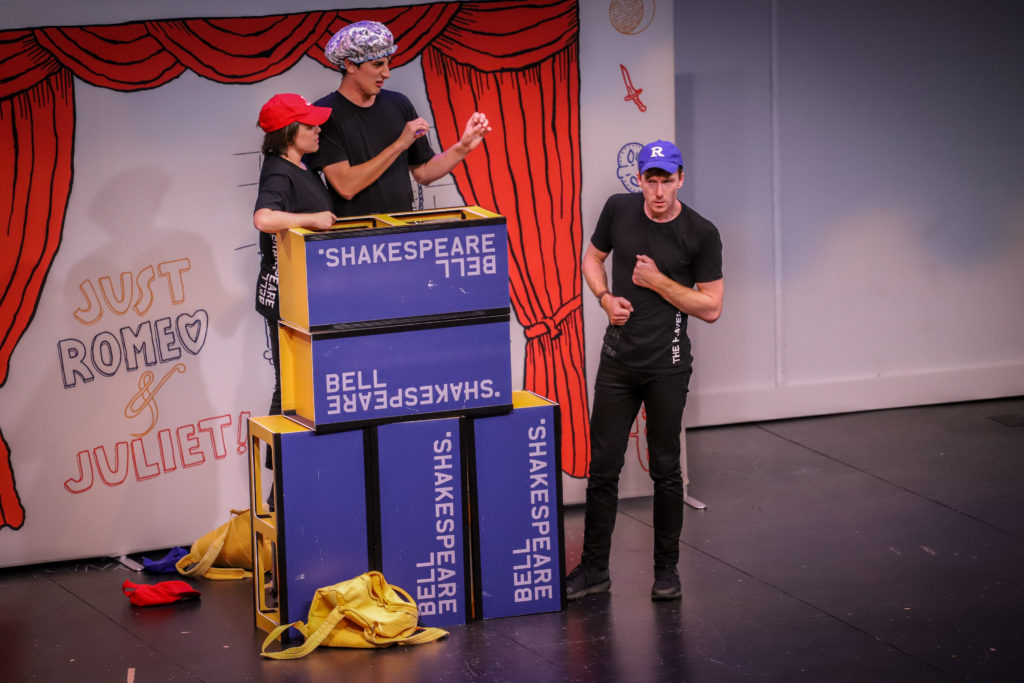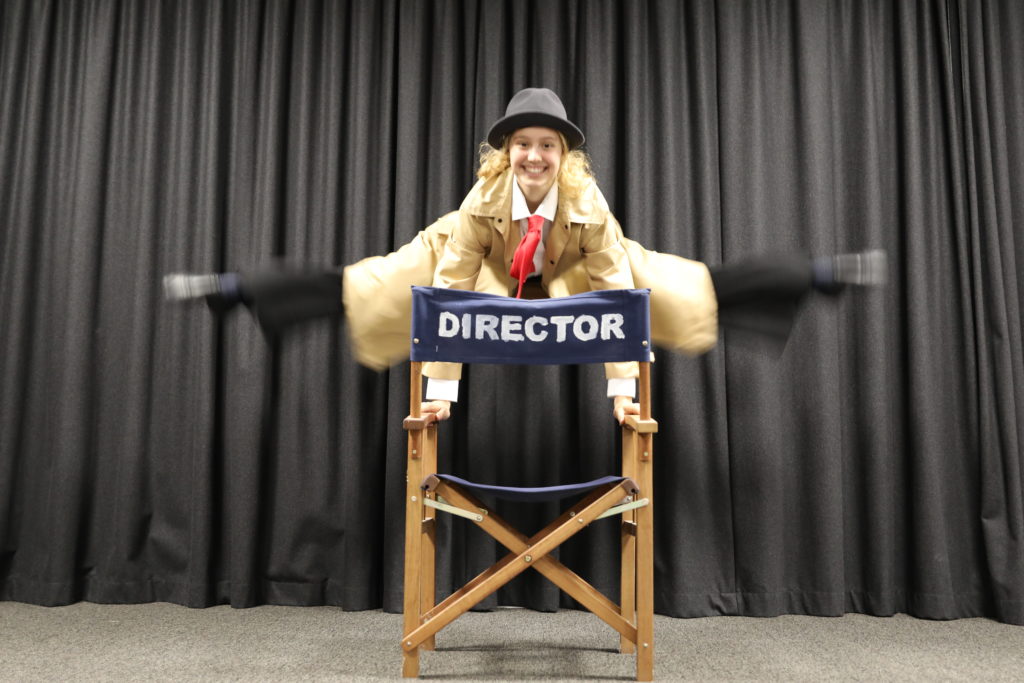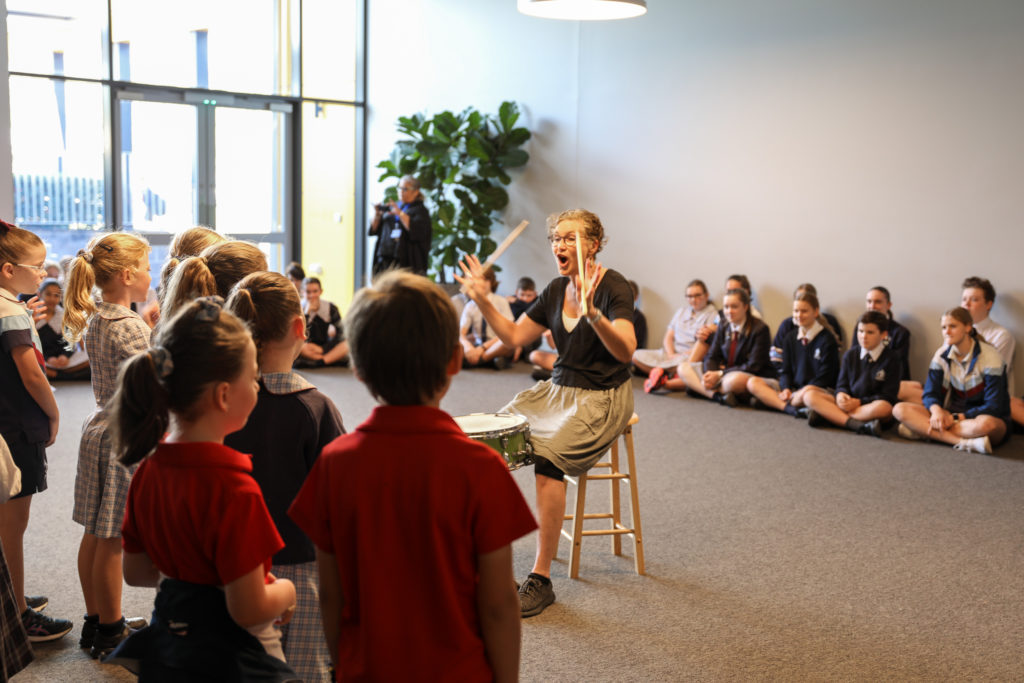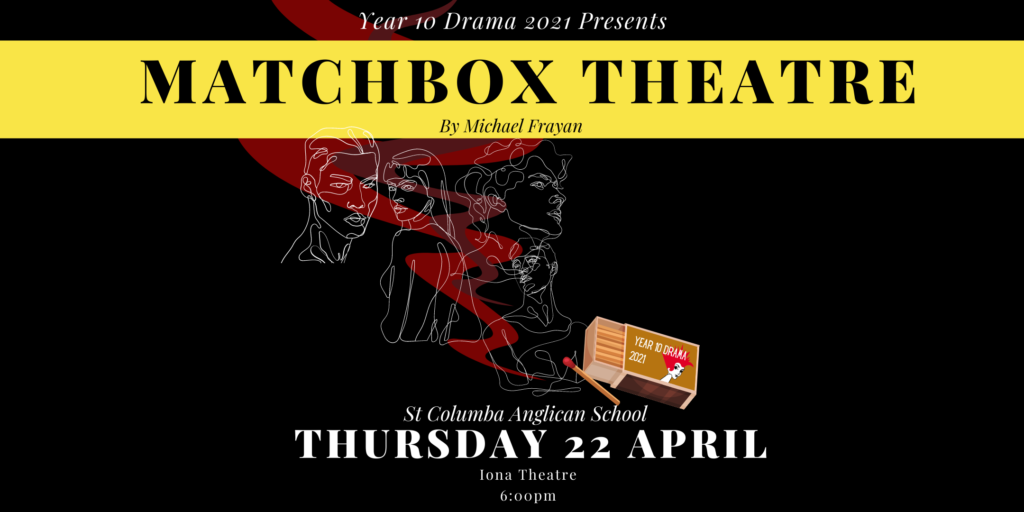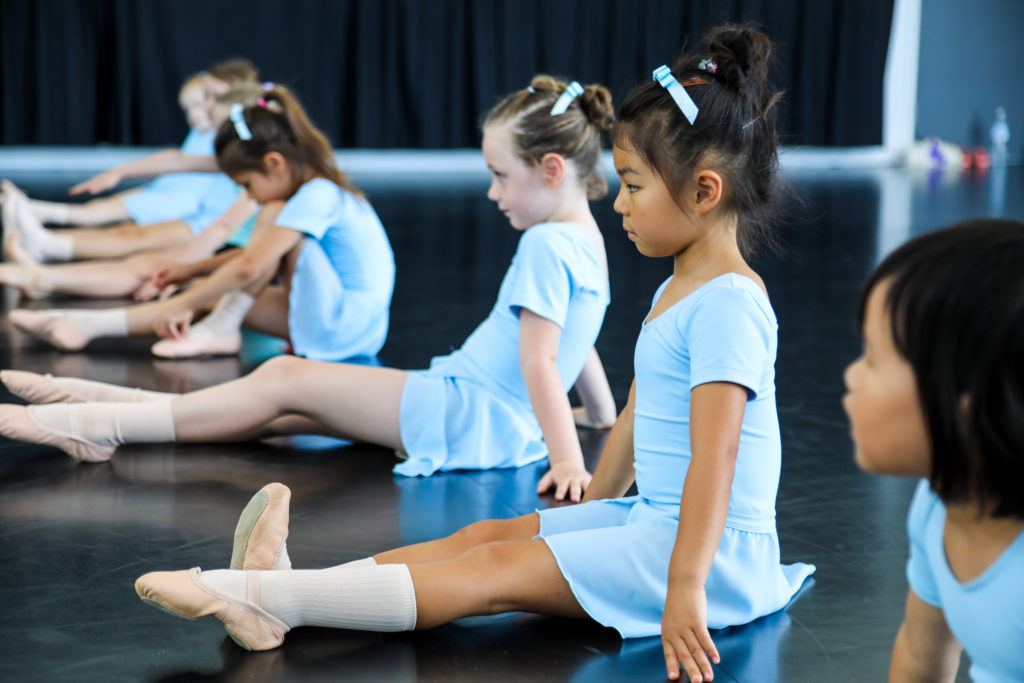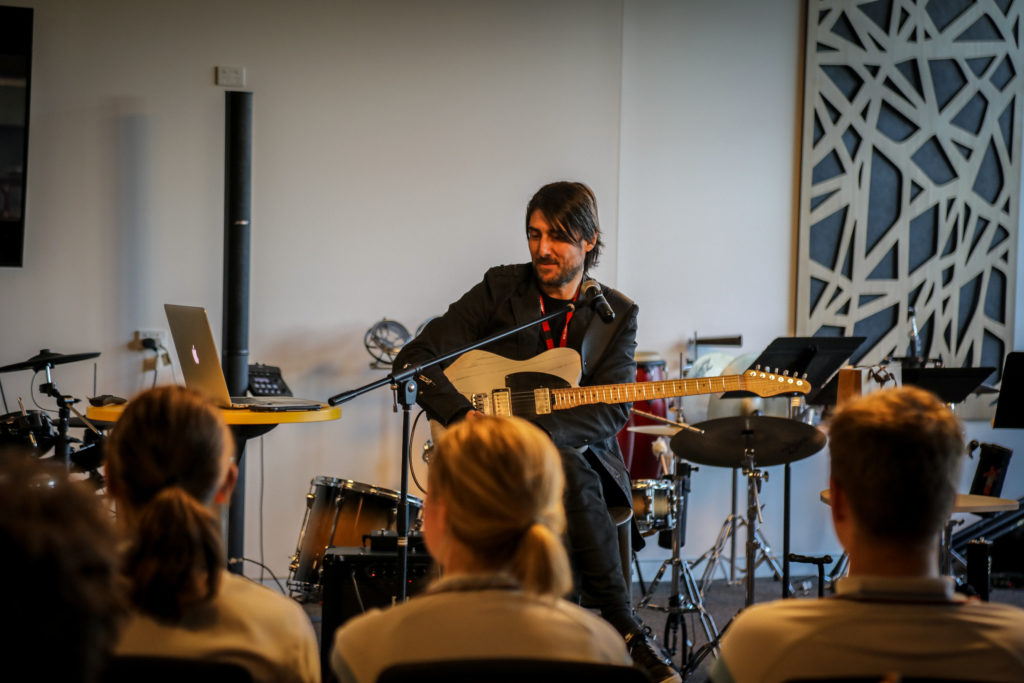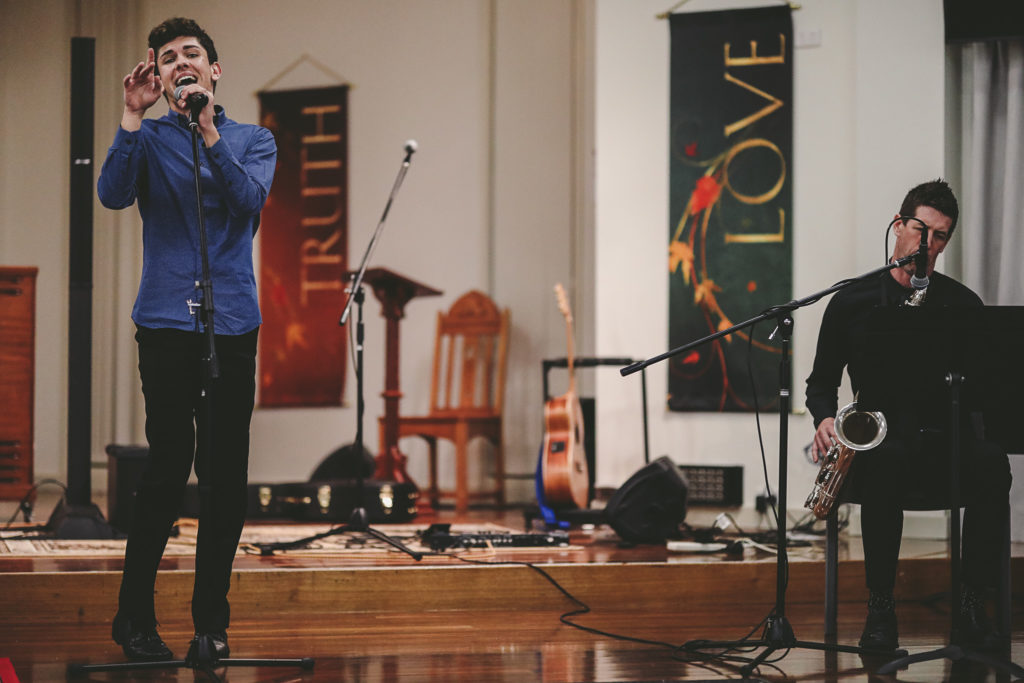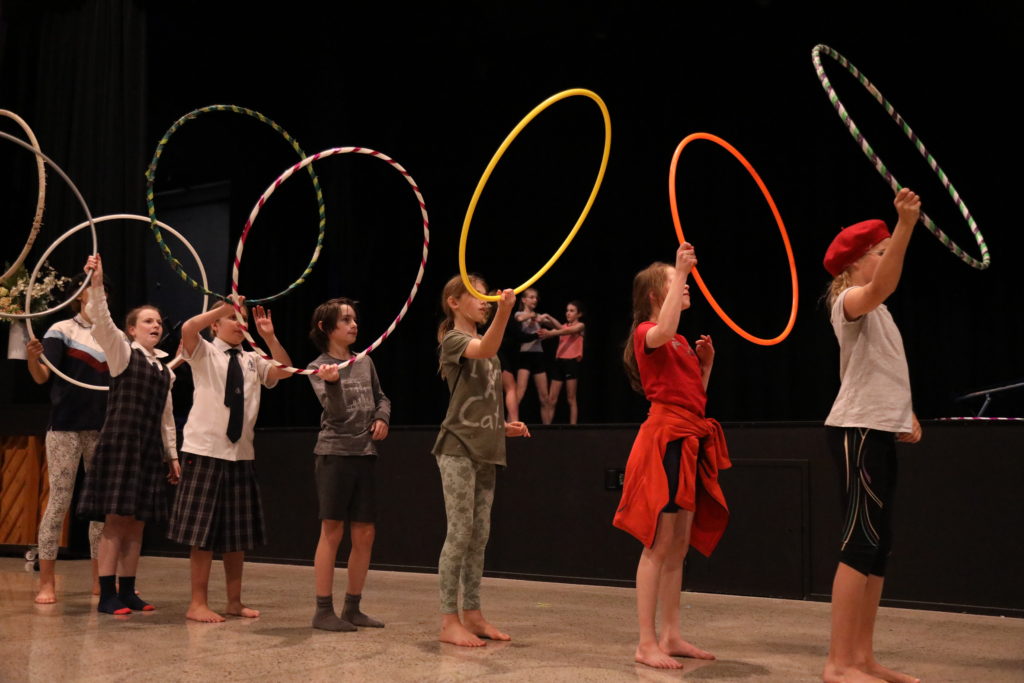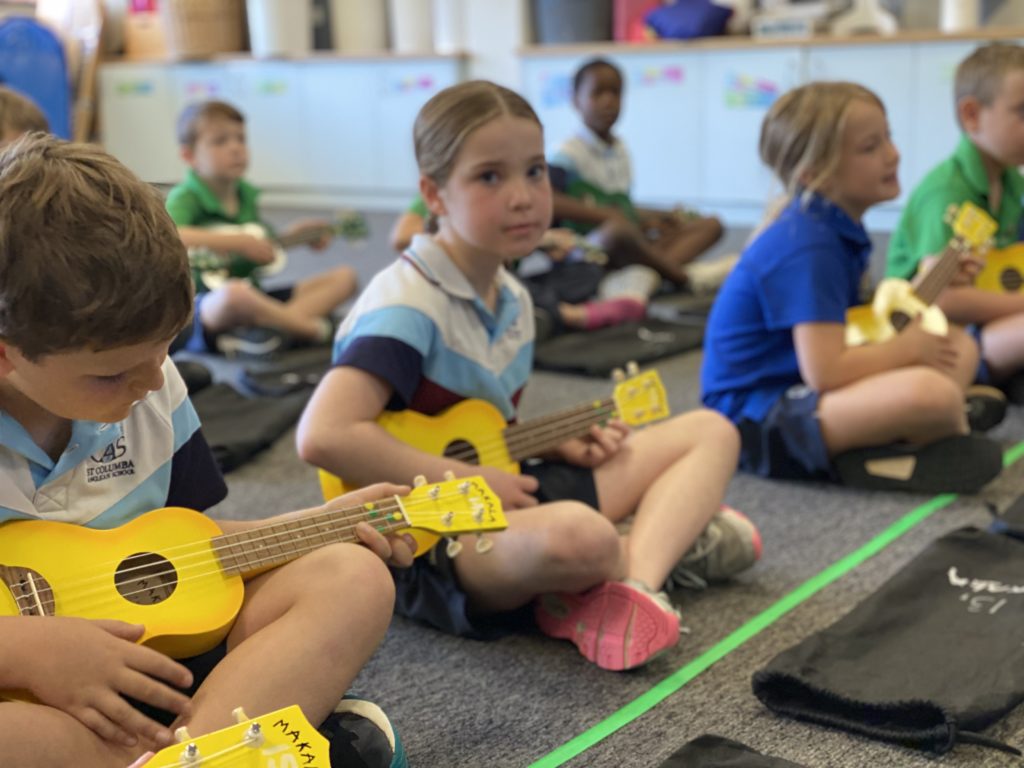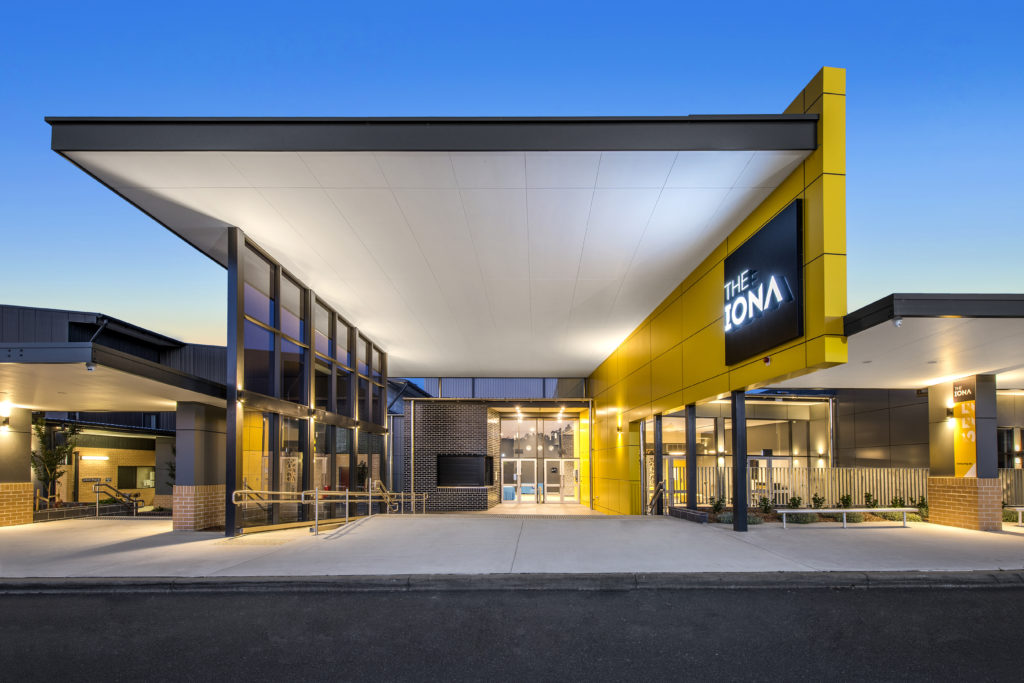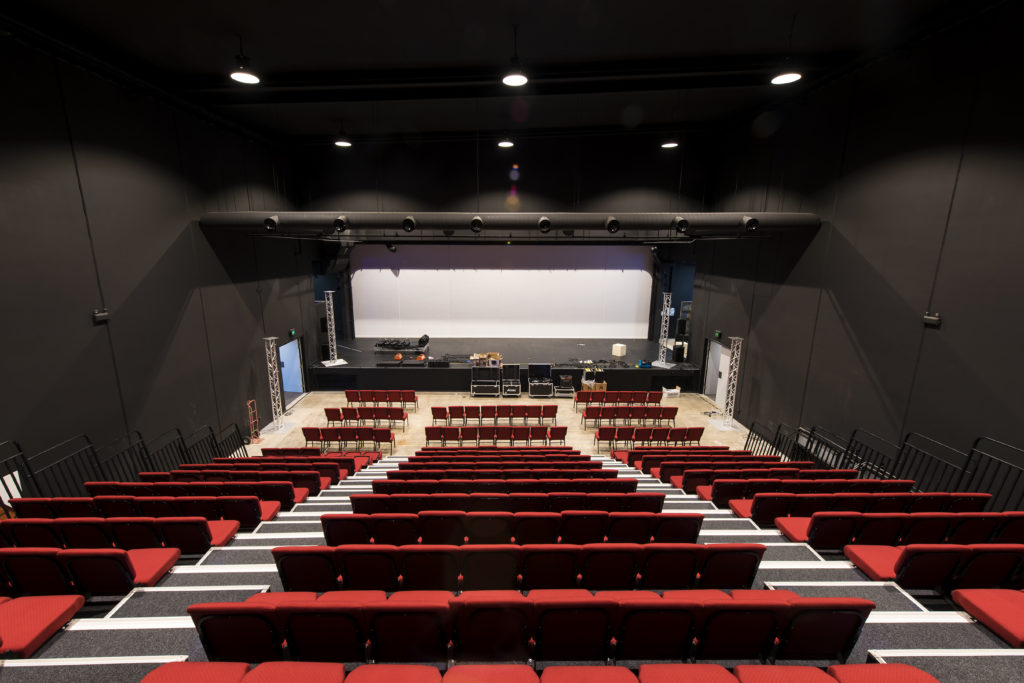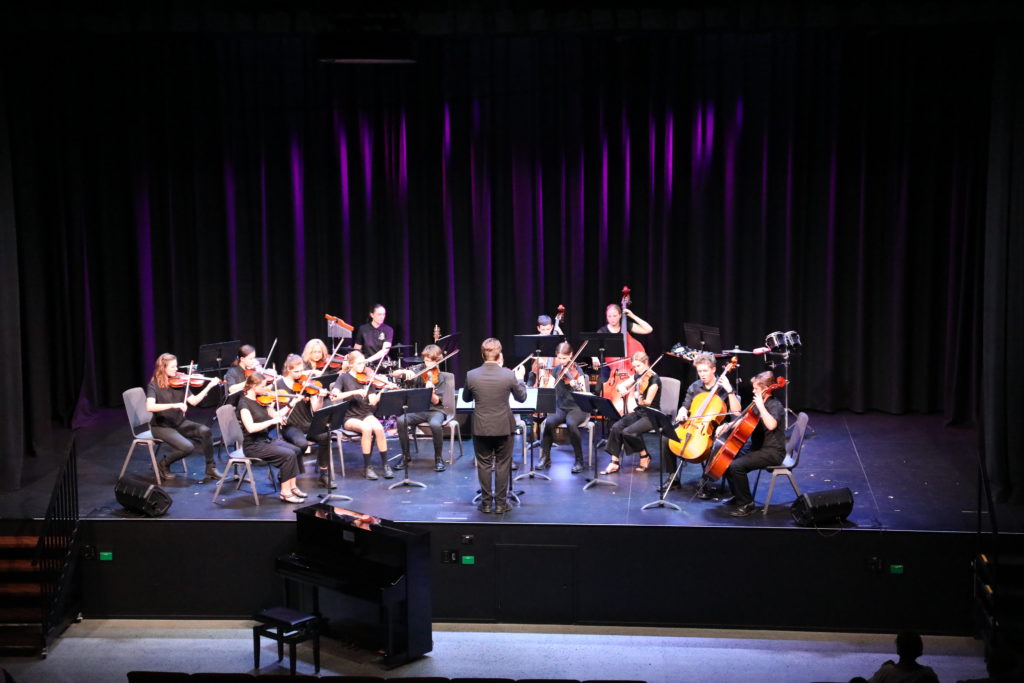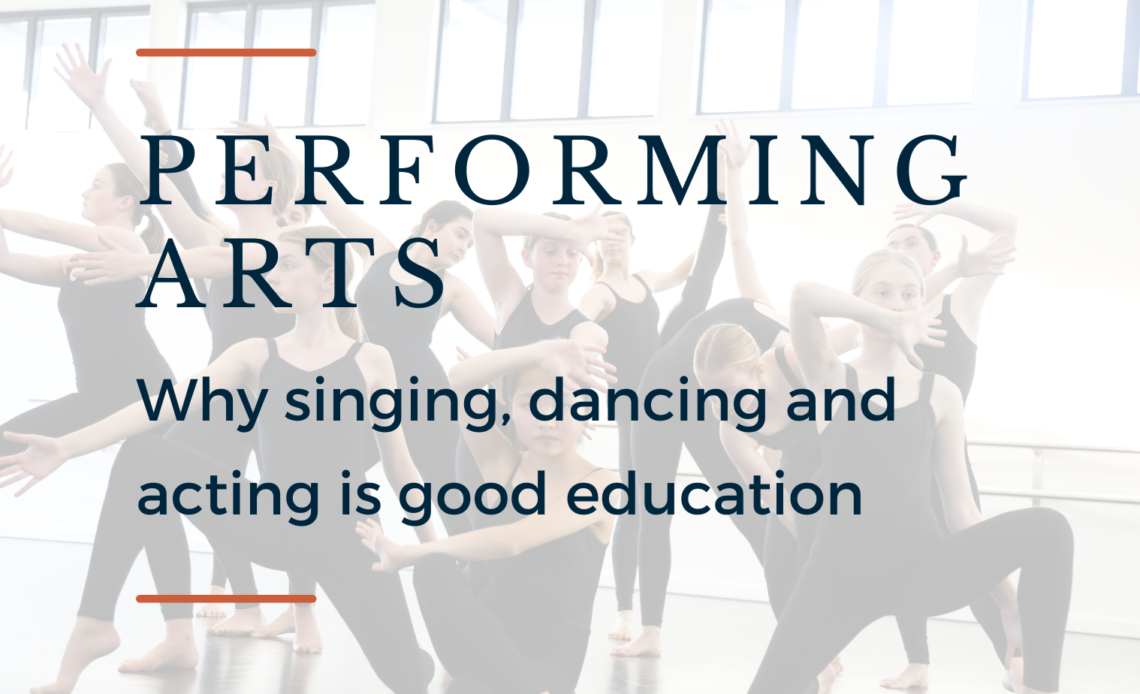
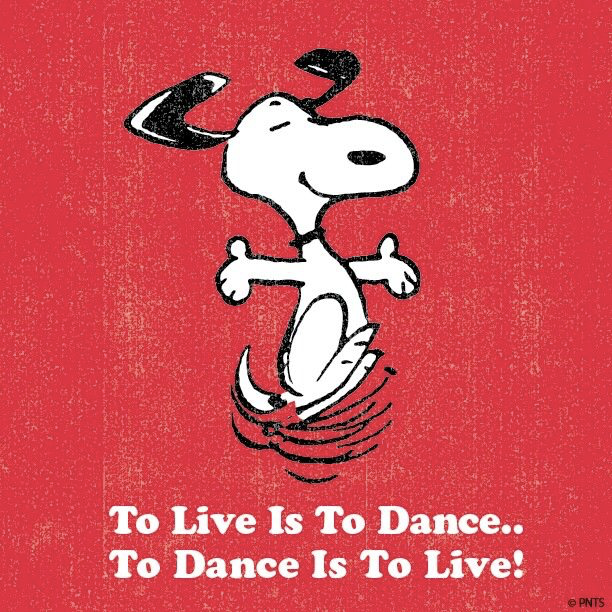
The practical role performing arts plays in a well-rounded educational experience has endured much debate over the years. Today, educators are fully aware of its intrinsic value in curricula across the world.
The majority of students at St Columba participate in the performing arts at some time during their enrolment.
“A student can, if only for a few moments, become another, explore a new role, try out and experiment with various personal choices and solutions to very real problems … this can happen in a safe atmosphere where actions and consequences can be examined, discussed, and in a very real sense experienced without the dangers and pitfalls that such experimentation would obviously lead to in the ‘real’ world.”
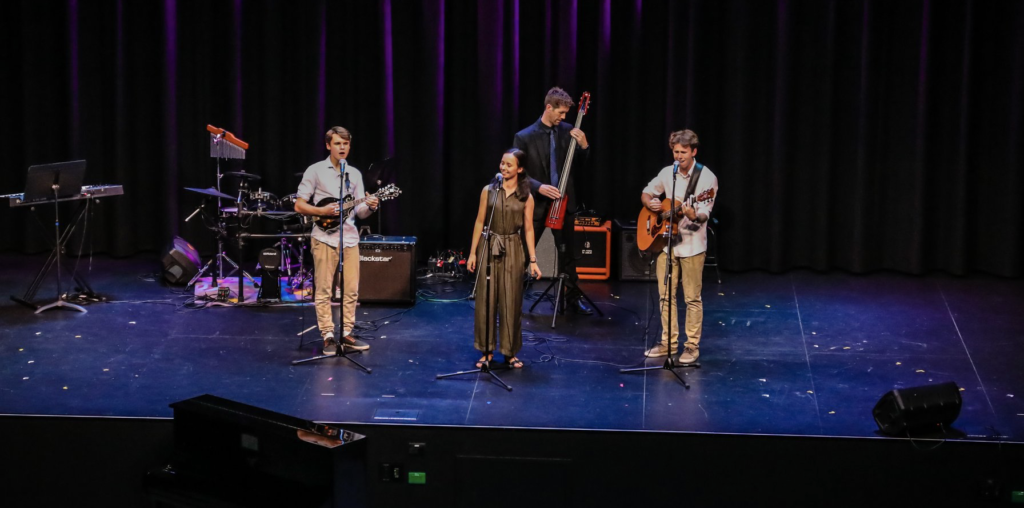
Whether it is being part of a choir, dance troupe, in the cast of a drama production, or as part of a formal NESA course, this involvement is a vital part of their education and skill development.
“It’s more than just role-playing or doing a little dance; it’s about learning versatile and transferable life skills that matter. The performing arts in education provides students with the opportunity to engage the mind, the body and the emotions into a collaborative and communal expression of all that it means to be human—They discover their own voice, they grow in confidence … they develop empathy and ethical insight into the contradictions and paradoxes of the human condition.”
It does not matter whether they go on to be performing arts professionals (though many of our graduates have traveled that path). The skills and learning from their involvement, the being part of a team, working collaboratively, facing the fear of failure and exploring the creative side of their personality all add up to educational and personal growth.
In a world where the emphasis on rote learning has been replaced by the value of what we call 21st Century skills, the Performing Arts offer our students the following:
- Creative Self-Expression → Those who practise it, be it in dance or theatrical arts, find themselves exploring the richness of their expressive abilities. In many cases, those who have been unable to express themselves in other ways find their outlet in performing arts.
- Confidence → The performing arts inspire our creative natures and builds confidence.
- Collaboration → By their very nature, the performing arts are deeply collaborative.
- Focus → Creative endeavours take willpower and determination.
- Emotional Intelligence → Children develop emotional intelligence when they work in groups. Empathy and proper communication is usually an effective tool in these instances.
- Problem-Solving → By understanding the creative process we learn the process of problem-solving by default.
- Quick Thinking → The ability to stay calm and carry on is what keeps a small blooper from mushrooming into a major one.
There are very few professions in the 21st century where these are not valued, foundational and employable skills.
Our students are guided in their development by a team of highly experienced teachers, tutors and support staff. The overall direction and management of performing arts at St Columba is led by Director of Performing Arts, Isabella Mistry.
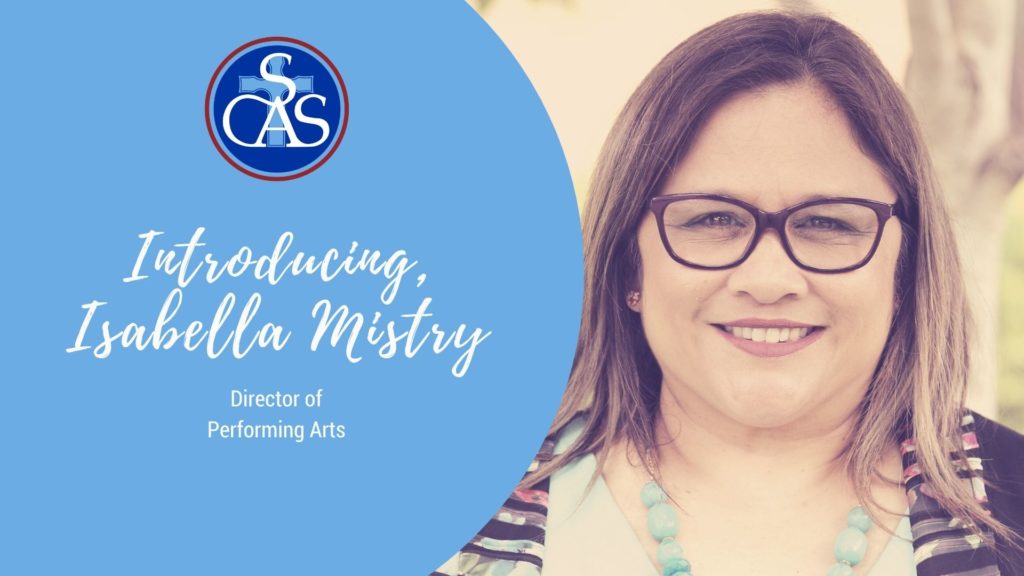
Her goals for performing arts at St Columba are to:
- develop a performing arts culture that embraces the school and community in a manner that, in every way, reflects the School’s vision and values;
- be the leading performing arts education, performance and skills development provider in the region;
- create a model of performing arts education that engages and enriches students and supports and enhances the performing arts curriculum at the School;
- develop an educational model that ensures that St Columba becomes and remains a “lighthouse” school for the performing arts.
If you ever have cause to doubt our dedication to developing the performing arts capacity of our students, you have only to walk into our Iona performing art sCentre and see the facilities, the joy on the faces of the students and the passion of the teachers to be convinced.
In the end, we agree that: “The arts are an essential element of education, just like reading, writing, and mathematics. Music, dance and theatre are all keys that unlock profound human understanding and accomplishment.”

Terry Muldoon
Principal


